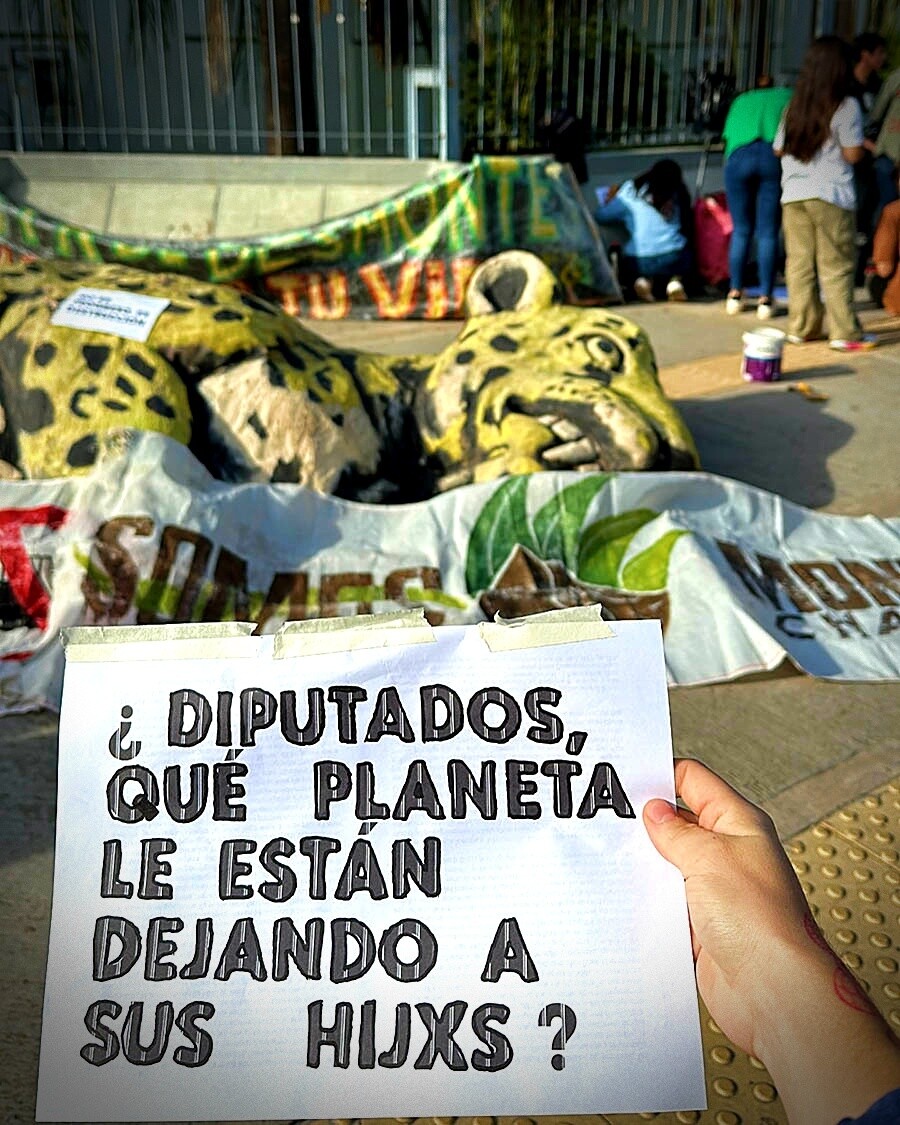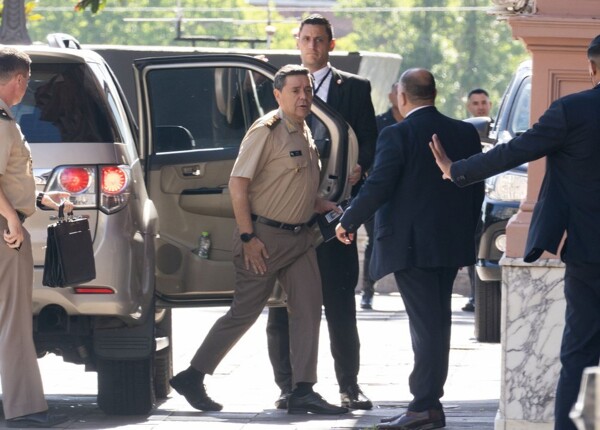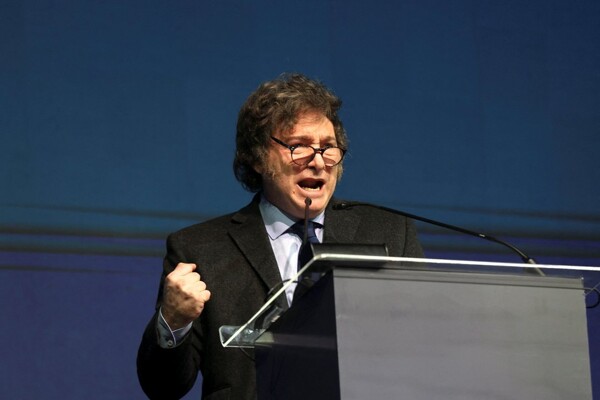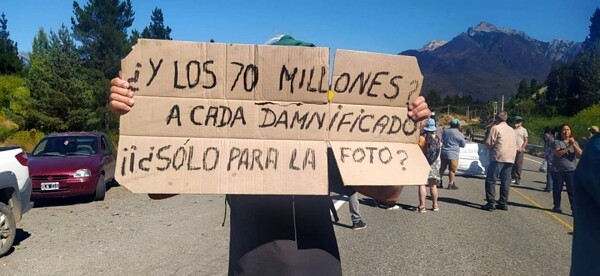
A new regulation has been approved, allowing the marketing of wood obtained from deforestation, with an increase in fines for clearings without permission and the creation of a regime to restore forests. This has generated outrage among socio-environmental organizations. In February, the judicial power of Chaco extended the suspension of clearings for six months throughout the province following a complaint from Environmental Lawyers.
"If the clearing is illegal, the wood is illegal," they assert from Somos Monte. Lawmakers and officials are criticized for contributing to the approval of the law that legalizes the sale of wood from clearings, and the lack of political representation in the fight for the defense of native forests is pointed out.
The Somos Monte Collective denounces the "ecocidal and corrupt pact" of the Chaco legislature by legalizing the sale of wood from clearings. The participation of deputy Juan José Bergia, linked to illegal clearings, is highlighted. The approved law moves away from sustainable development and deepens poverty in the region.
In 2024, nearly 40,000 hectares of native forest were lost in Chaco despite the existing restrictions, according to the Foundation for Environment and Natural Resources. Somos Monte accuses provincial deputies of being accomplices of the clearing mafia, accusing them of acting in the interest of illegal wood extraction. The approval of the law was carried out in a questionable manner, without prior consultation with organizations or the citizenry.
The lack of effective action to protect native forests is criticized, and the lack of real interest in restoring affected areas is denounced. The relationship between politicians and logging businessmen is put into question, stating that the law only promotes more extractivism and does not prioritize sustainability or life in the region. The negative impacts on the quality of life of the inhabitants of Chaco are evident and permanent.














